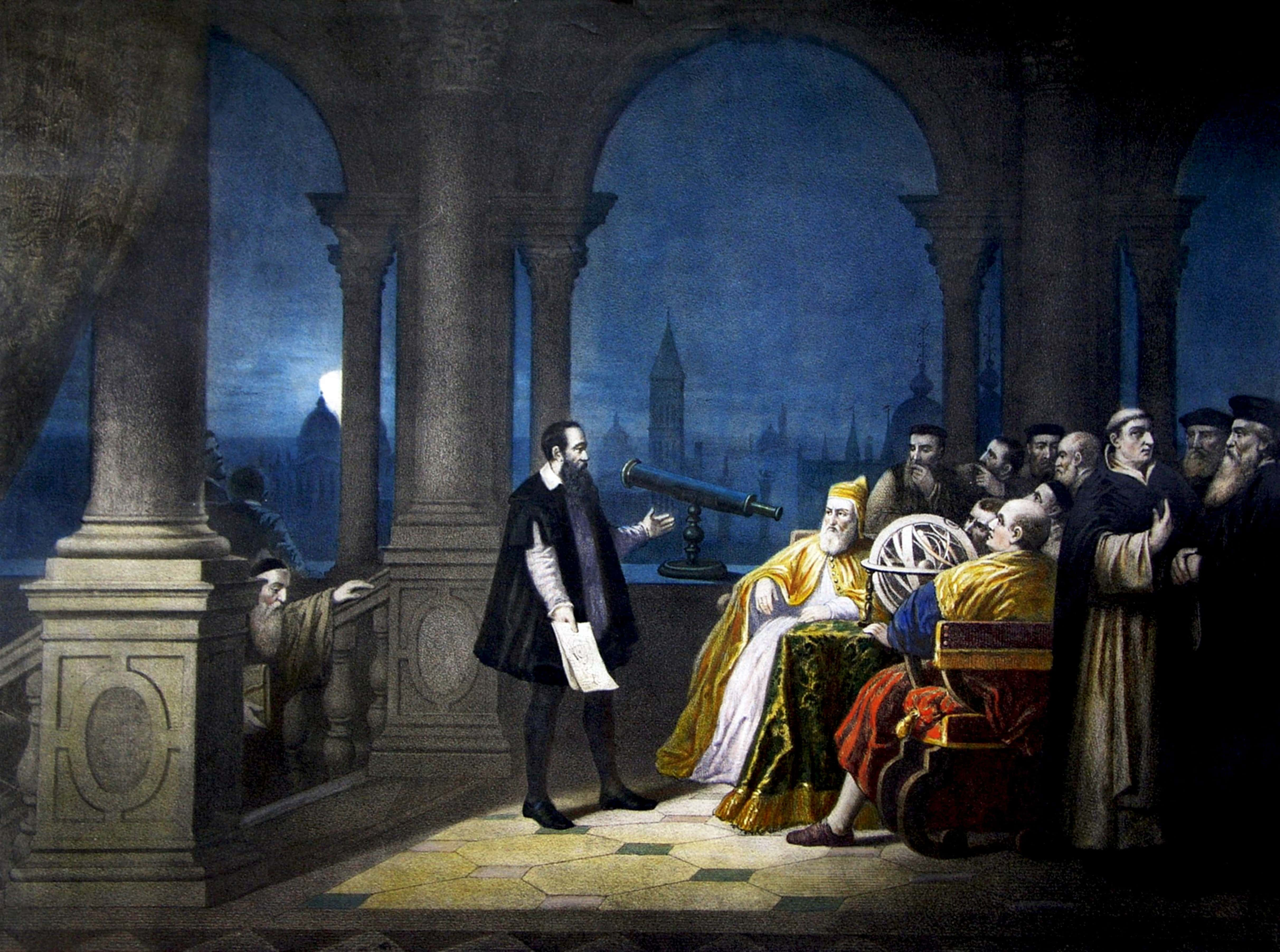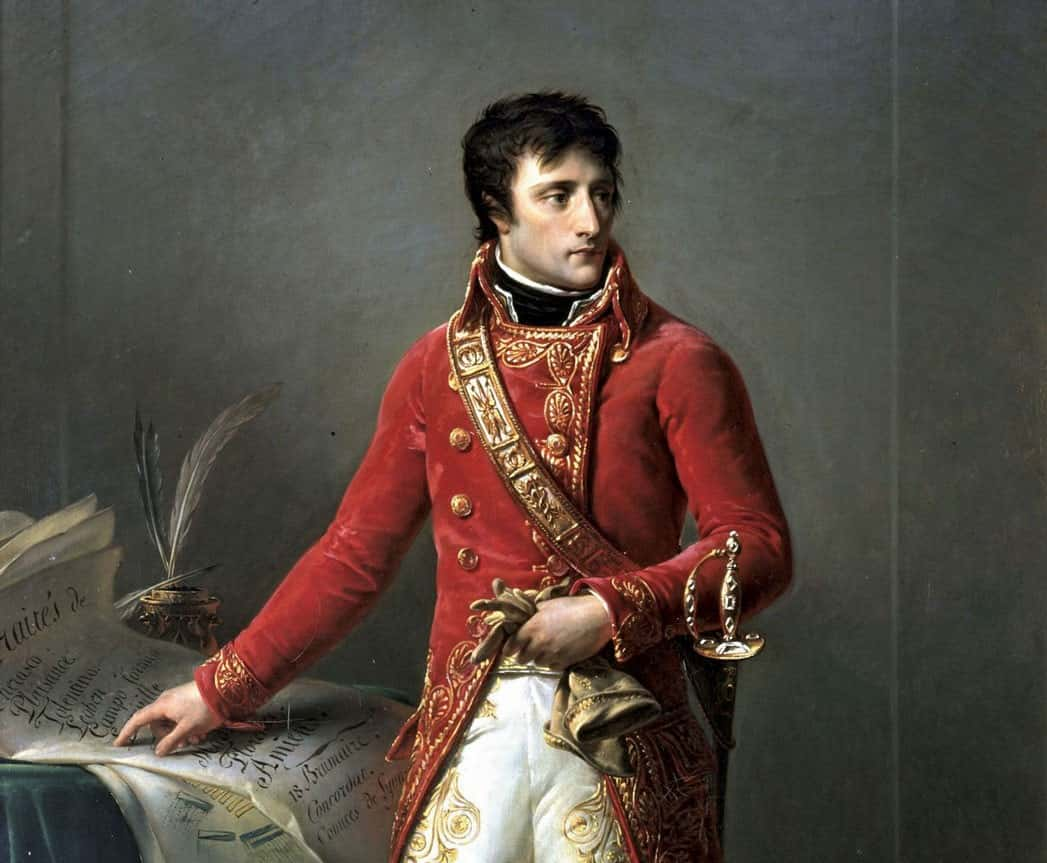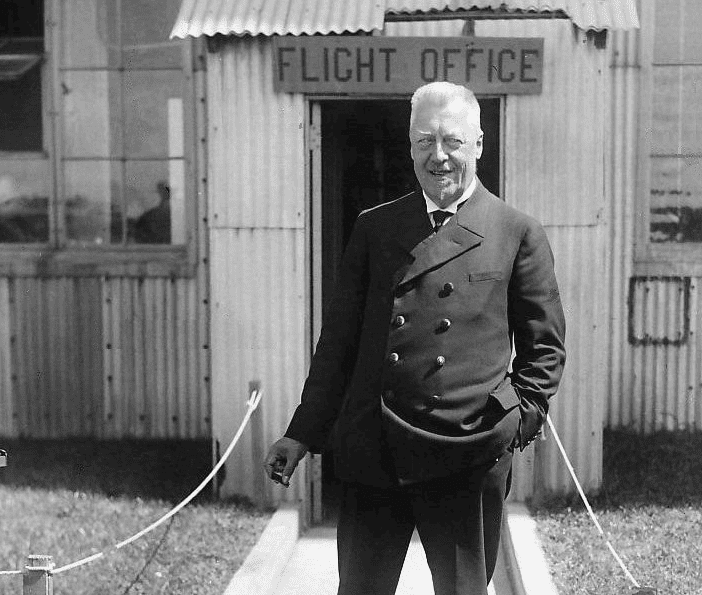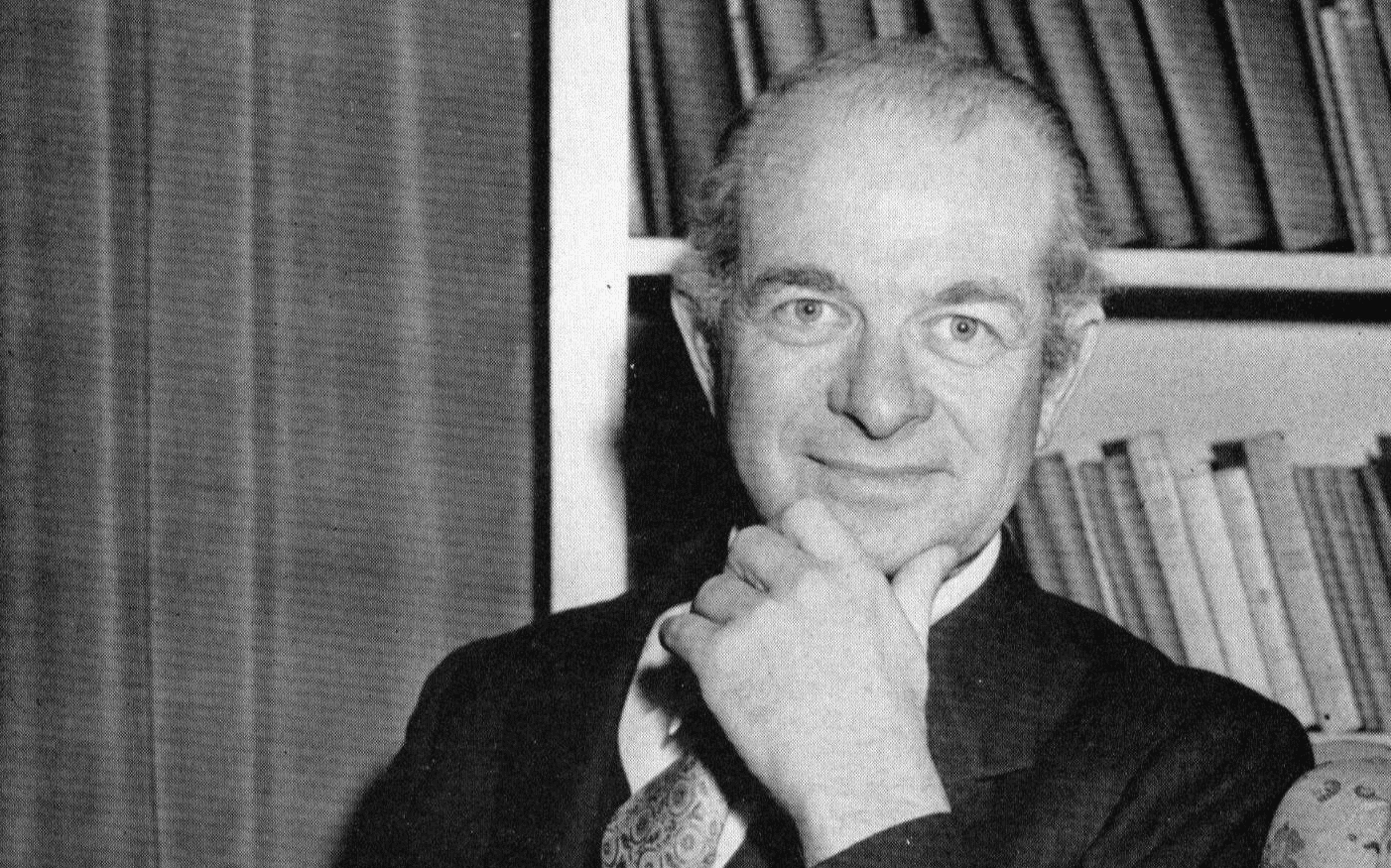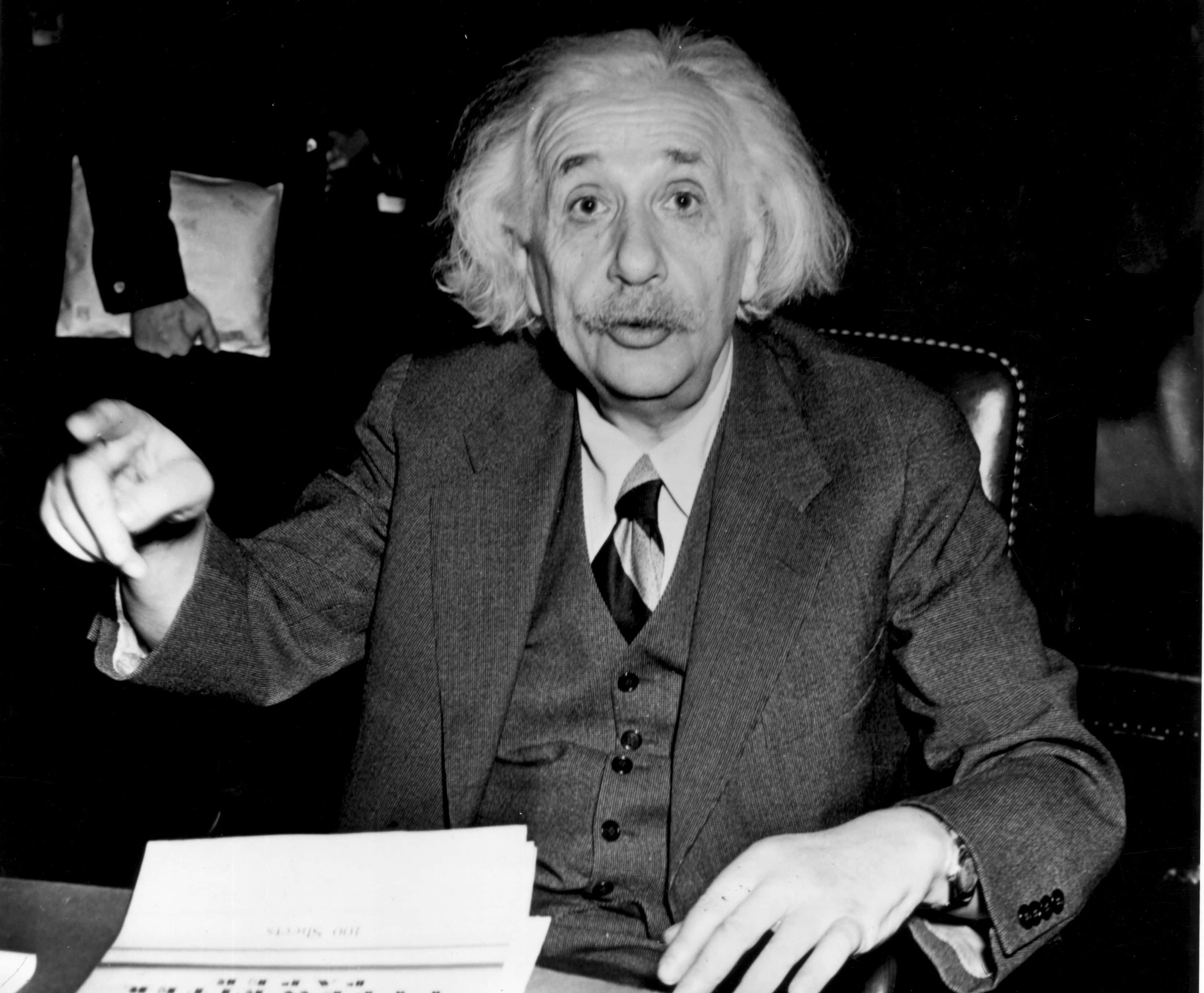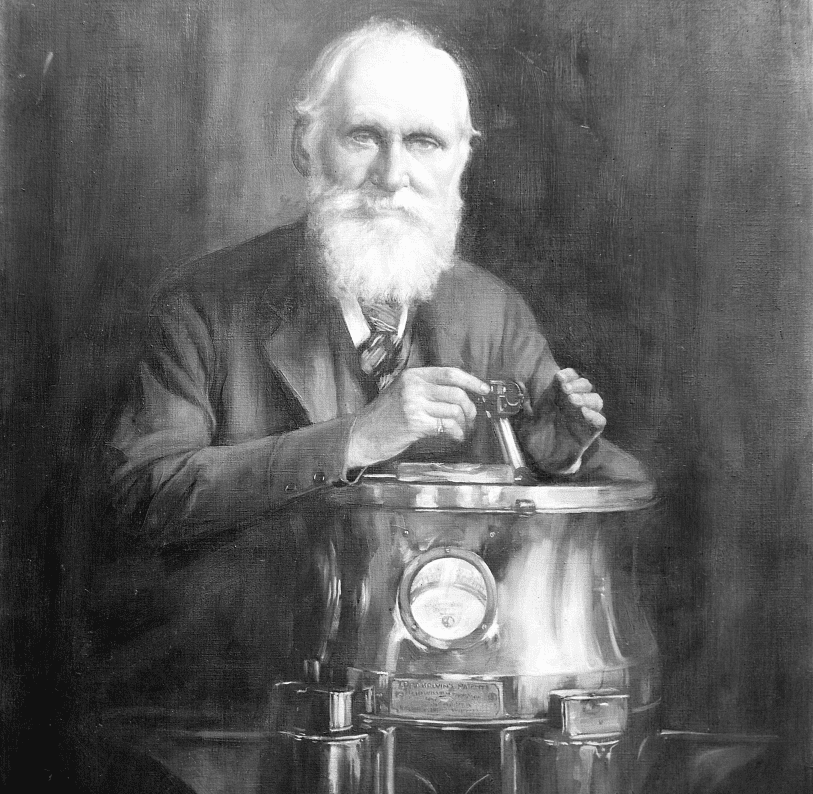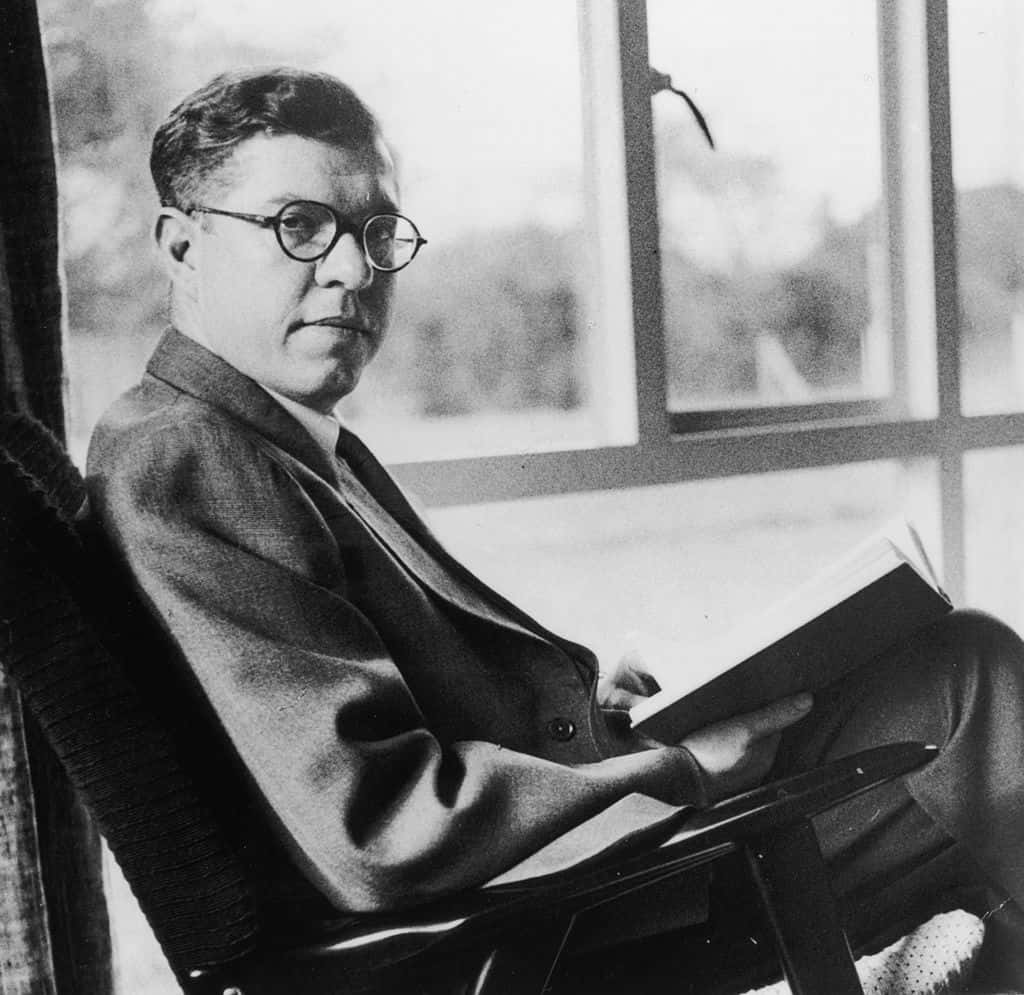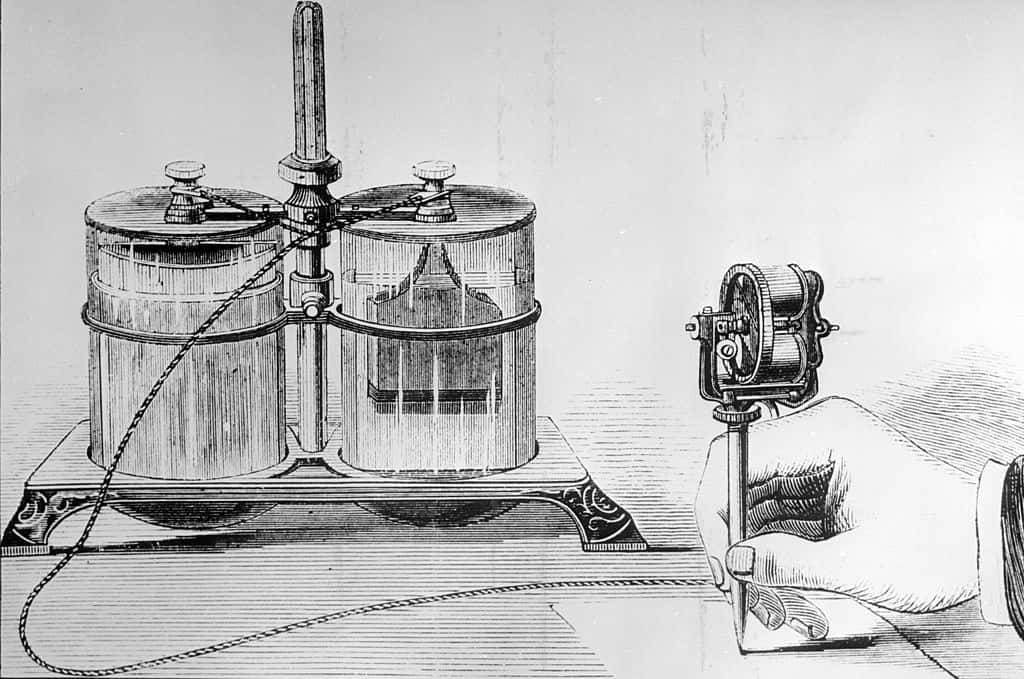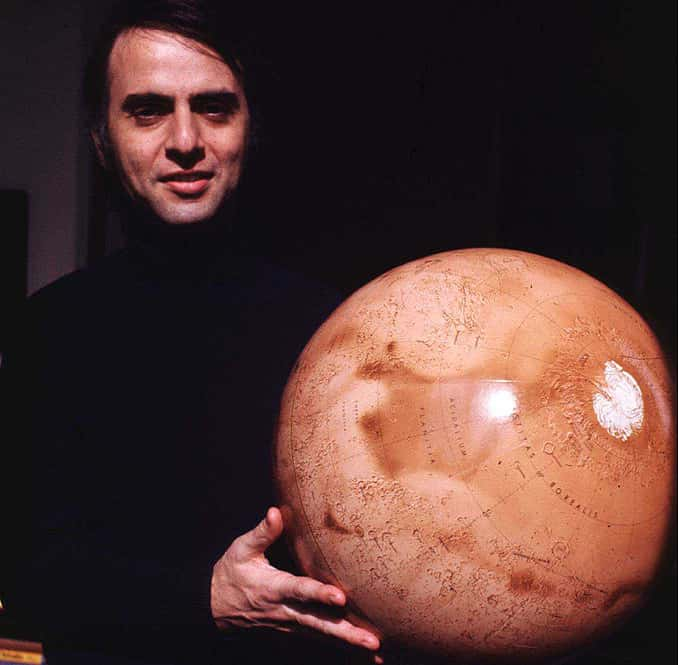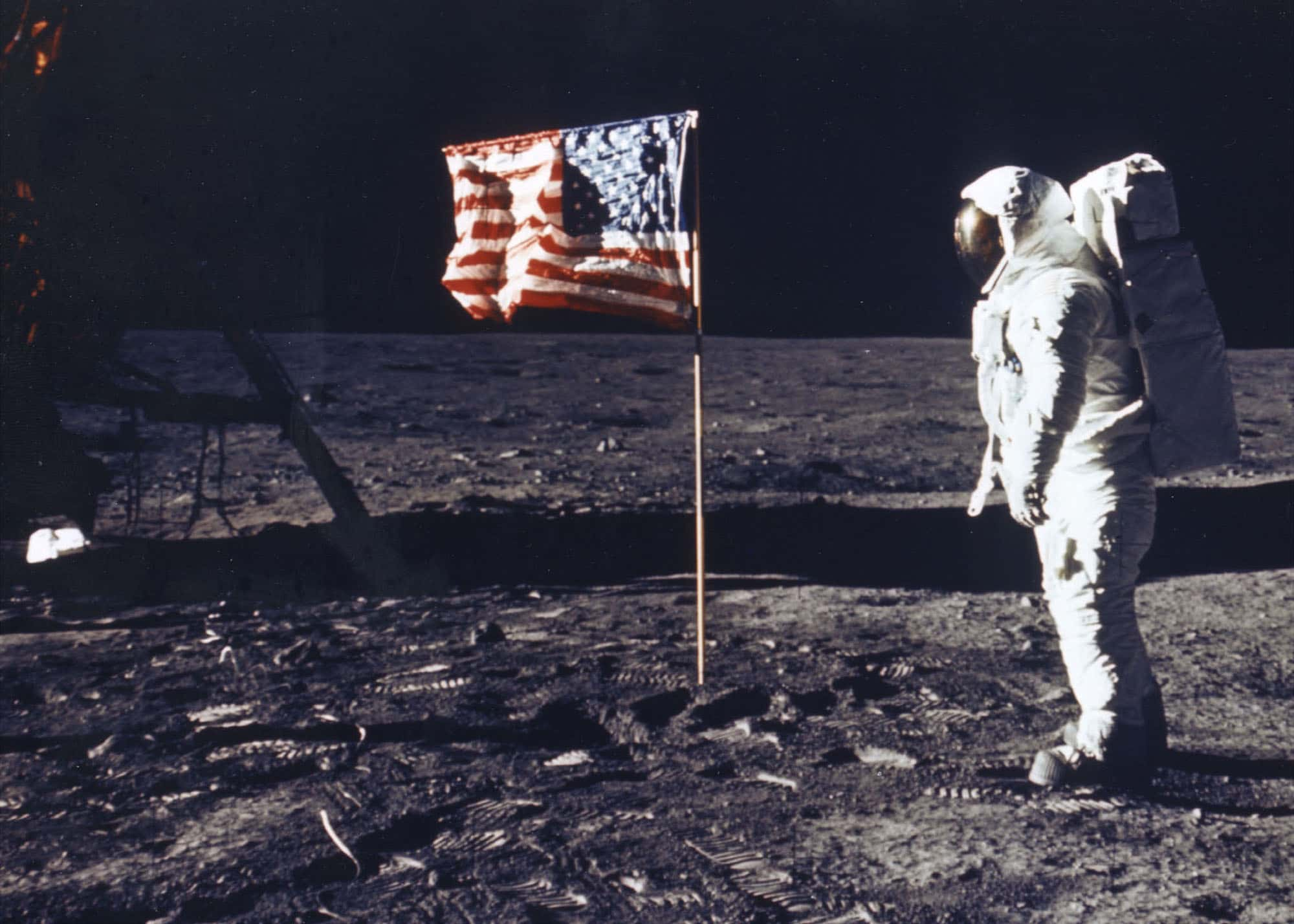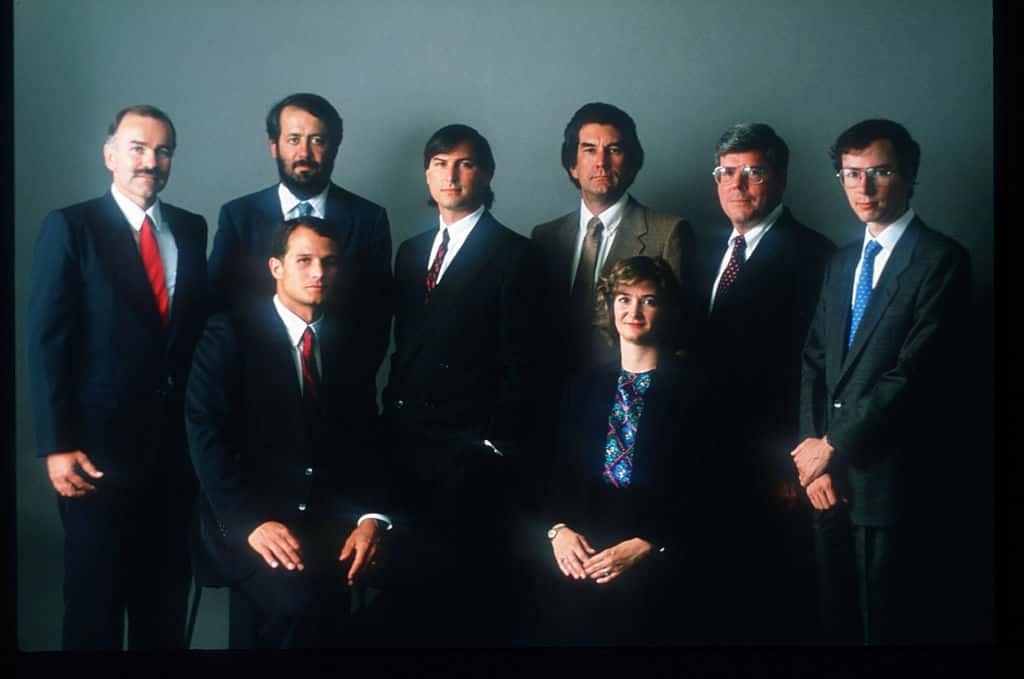“A person who never made a mistake never tried anything new.”
We love to celebrate the accomplishments of great men and women, but what about the times those same people messed up? Here are 21 big mistakes by some of the smartest people around.
Great Minds Gone Wrong Facts
21. A Sense of Humor
The Ancient Greek physician Hippocrates is known today as the “Father of Medicine.” Some of the principles he laid down are still followed by doctors today, but he didn’t get everything right. He believed that all sickness comes from an imbalance in the body’s four humors: blood, phlegm, black bile, and yellow bile. Doctors followed this idea for centuries, but today it’s known to be nonsense.
20. The Heir to Nothing in Particular
Alexander the Great was one of the most successful military minds in all of history: He was was never defeated in battle and forged one of the world’s largest empires. Even so, he never named an heir. On his deathbed, when he was asked who should inherit his conquests, he simply answered “To the strongest.” This led to infighting and division amongst his generals, and his massive empire crumbled almost immediately after his death.
19. Turn of the Tides
Galileo is probably most famous for spreading the idea that the Earth rotates around the Sun, a huge revelation for his time. But he also thought that the Earth’s tides were caused by a combination of the Earth’s shape, the wind, and the Earth’s motion through space. It wasn’t until later that we discovered the tides were caused by the moon.
18. It's Always Russia
Napoleon was the most influential and powerful person in Europe for years, but one big overestimation proved his downfall. He attempted to invade Russia in the winter as he was used to the comparatively mild winter of south-western Europe. The bitter-cold Russian winter led to the destruction of much of his army. This disaster was the beginning of the end of Napoleon’s reign.
17. Helium or Hydrogen?
Hugo Eckener was a greatly respected airship designer who most (in)famously designed the Hindenburg. When designing the airship, Eckener wanted to use helium, but since the US had a monopoly on the gas, he couldn’t. So, he redesigned the ship to use the extremely flammable alternative, hydrogen, and the rest is history.
16. Eugenics
Today, eugenics has been completely dismissed as racist, classist pseudoscience, but it was once widely accepted. Famously, Winston Churchill, often named the greatest Briton of all time, publicly expressed his belief in the “science.”
15. Wrong in Every Way
Though you may not have heard of him, Linus Pauling was once an extremely famous and respected chemist. He made some unparalleled scientific discoveries in his time, but today he’s perhaps most famous for his biggest mistake: Shortly before Francis Crick and James Watson discovered the shape of the DNA molecule, Pauling announced that he had done the same thing—only his model turned out to be “wrong in every possible way.”
14. A Big Blind Spot
Today, we understand that natural selection works by passing on genes. But believe it or not, the man who actually discovered natural selection had that gene part completely wrong. Darwin thought that traits were passed down by just mixing characteristics from the mother and father like mixing paint. Under this theory, evolution by natural selection would flat out never work because evolutionary advantages would quickly be diluted and eventually lost completely. Darwin still stood by it.
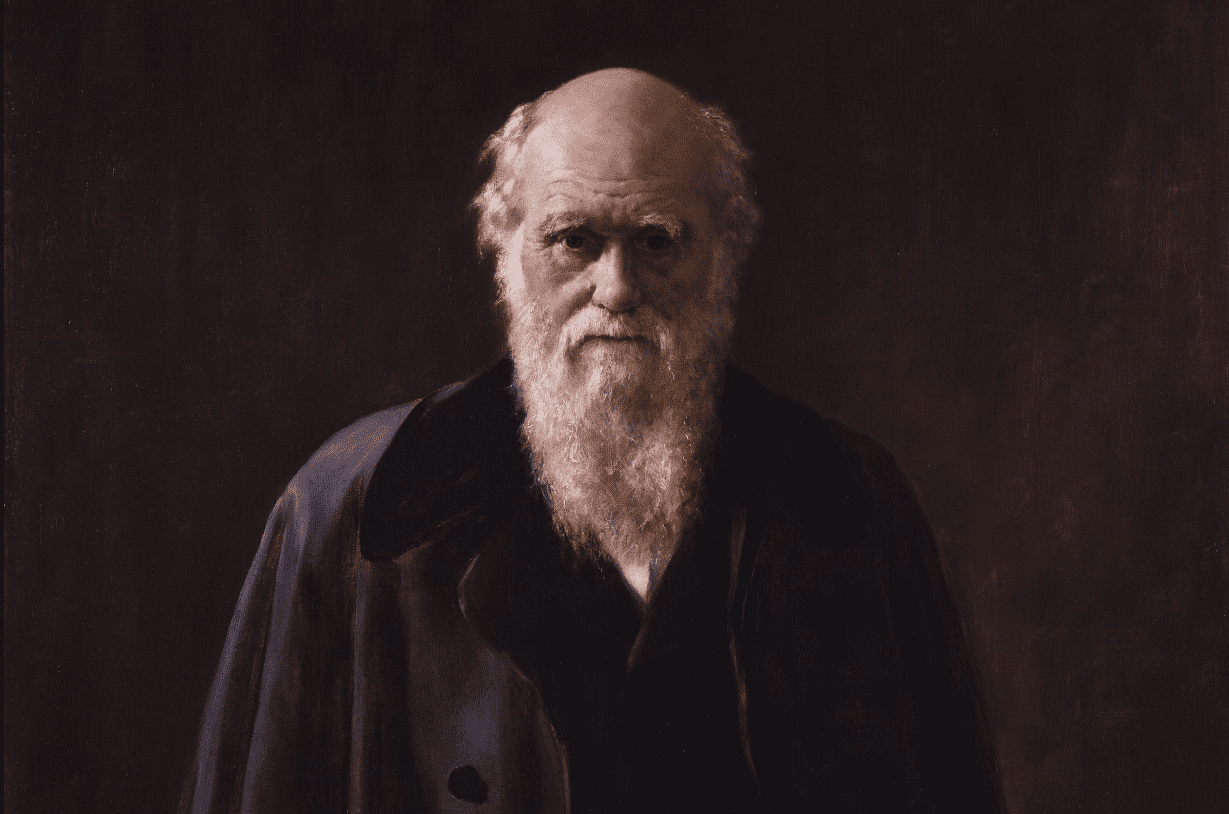 Wikimedia Commons, John Collier
Wikimedia Commons, John Collier
13. Second Guessing
Albert Einstein’s Theory of General Relativity is one of the greatest accomplishments in the history of physics. In the first draft of the theory, he talked about a “repulsive force” that counteracted gravity. But when Edwin Hubble discovered the universe was moving, Einstein thought that the “repulsive force” was no longer necessary to explain the universe, so he took the term out of his work. In 1998, scientists discovered that he was actually right: He got the right answer decades before everyone else and then got it wrong again.

Sign up to our newsletter.
History’s most fascinating stories and darkest secrets, delivered to your inbox daily. Making distraction rewarding since 2017.
12. A Little Off
The Kelvin temperature scale is named after Lord Kelvin, another physicist who was, in his time, extremely famous and well respected. Like, this guy is buried beside Isaac Newton. But at one point in his career he attempted to calculate the age of the earth, and he ended up stating that it was 100 million years old. Today, scientists believe the earth is probably close to 4.5 billion years old, meaning it’s almost 50 times older than what Kelvin thought.
11. Always Wear Safety Gear
Elizabeth Fleischmann-Aschheim was one of the world’s first radiologists. Though she never finished high-school, she devoted herself to the work and was a pioneer in her field. However, it wasn’t fully understood how dangerous X-ray radiation could be. Even after protective equipment began to be suggested, Fleischmann-Aschheim refused to wear it, saying it might frighten her patients. Because of this, she died of radiation poisoning at age 46.
10. Namesake
It’s generally accepted today that the universe began with a sudden and massive expansion of matter—what’s called the Big Bang. That term was coined by physicist Fred Hoyle, who used it on a radio program. The problem? Hoyle believed that the universe began with a slow and steady expansion of matter, and called the other theory “The Big Bang” only to belittle it. Both the name, and the theory, ended up sticking.
9. Nothing's Absolute
Newton’s three laws of motion changed the way that we look at the world, but there were holes in his theories. Specifically, Newton believed that both time and space were absolute and unchanging. It wasn’t until Einstein came around with his theory of relativity that people realized that this wasn’t the case, and in fact time and space are relative.
8. Electric Fail
In search for a way to make handwriting more efficient, Thomas Edison developed the electric pen. It had a small motor and battery, and instead of using ink, it punched small holes in a paper as a person wrote, making a stencil of sorts that was easy to print onto as many papers as you wanted. Unfortunately, it was loud, heavy, messy, and not that useful. Eventually the idea was abandoned.
7. Check Your Measurements
In a joint operation, engineers from both NASA and Lockheed Martin worked together to make a Mars orbiter satellite. However, NASA used the imperial system while the Lockheed Martin used the metric system. Once the spacecraft had been launched, an error in converting from one to the other led to it being lost in space, effectively wasting $125 million and years of work.
 JPL - NASA
JPL - NASA
6. Getting Colder
Carl Sagan’s Cosmos played a huge role in educating people about science, but not all of his ideas were worth spreading. In 1983, he helped author an article that warned of the devastating effects of a potential Nuclear Winter. Not long after, several skeptical scientists denounced Sagan’s article, and eventually Sagan himself admitted that his estimates were wrong.
5. Be Your Own Muse
For a few years, journalist Jonah Lehrer was a widely sought-after journalist and public speaker who published books and articles mostly about neuroscience. However, in 2012, Lehrer was caught plagiarizing other published works. That’s bad enough on its own, but it turned out he was plagiarizing himself: He was copying from articles that he himself had published.
4. No Record
Just to add more fuel to the moon landing hoax conspiracies: none of the original footage from the first moon landing exists today. NASA accidentally taped over it.
3. CE-No
In the early years of Apple Computers, Steve Jobs and Steve Wozniak gave up control of their company when they hired Mike Markkula to be their CEO. Eventually, Jobs wanted the CEO job of his own company, but it was too late. He was fired from Apple in 1985.
2. Social Anxiety
In 2003, social networking was a new corner of the internet that was on the rise. Larry Page (of Google) saw potential but failed to invest in a platform for his company. By the time that they created Google Buzz, and then shortly after Google Plus, it was far too late. Facebook, Twitter and LinkedIn had control of the social networking world, and Google was left on the outside.
1. Search it Out
Just like Larry Page and Google got caught standing still with social media, so too did Bill Gates and Microsoft when it came to search engines. Gates didn’t prioritize developing a quality search engine, failing to predict how important searches would become. By doing so, they let Google take almost complete control of the market, missing out on a multi-billion dollar opportunity. That said, Bing, Microsoft's search engine, now controls 21% of the search market.
 Getty Images Bill Gates
Getty Images Bill Gates
Sources: 1, 2, 3, 4, 5, 6, 7, 8, 9, 10, 11, 12, 13, 14, 15, 16




